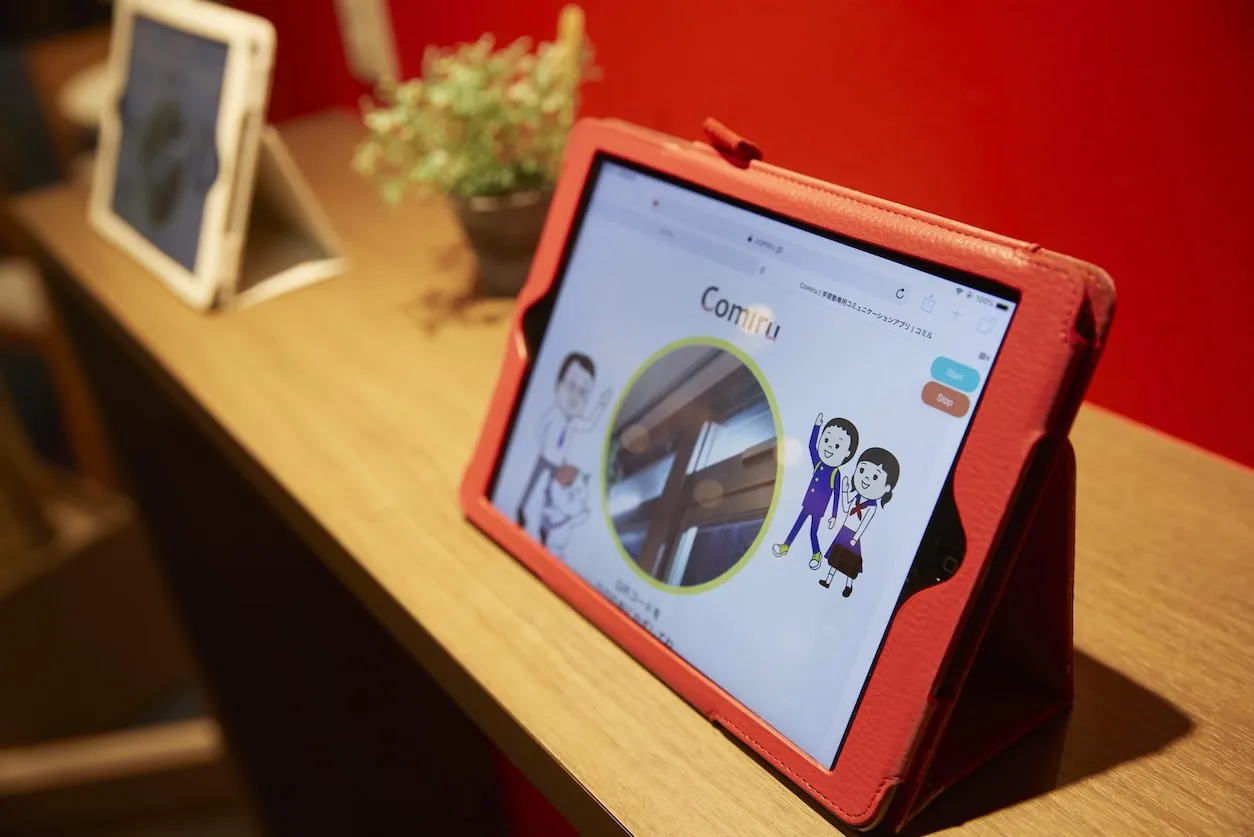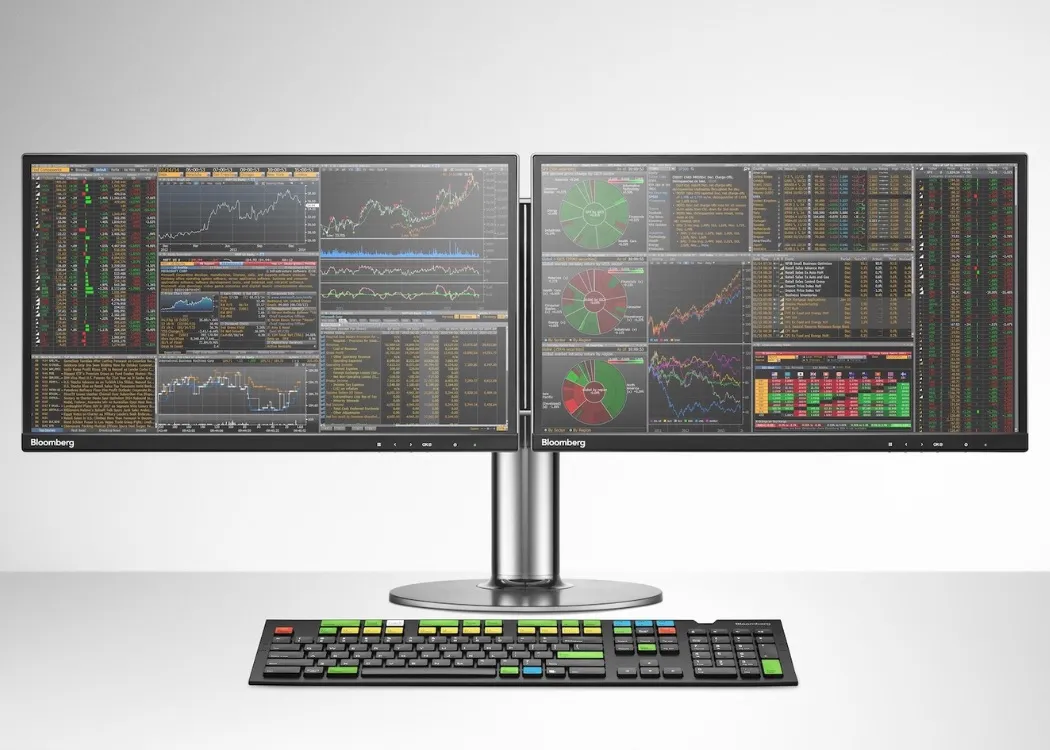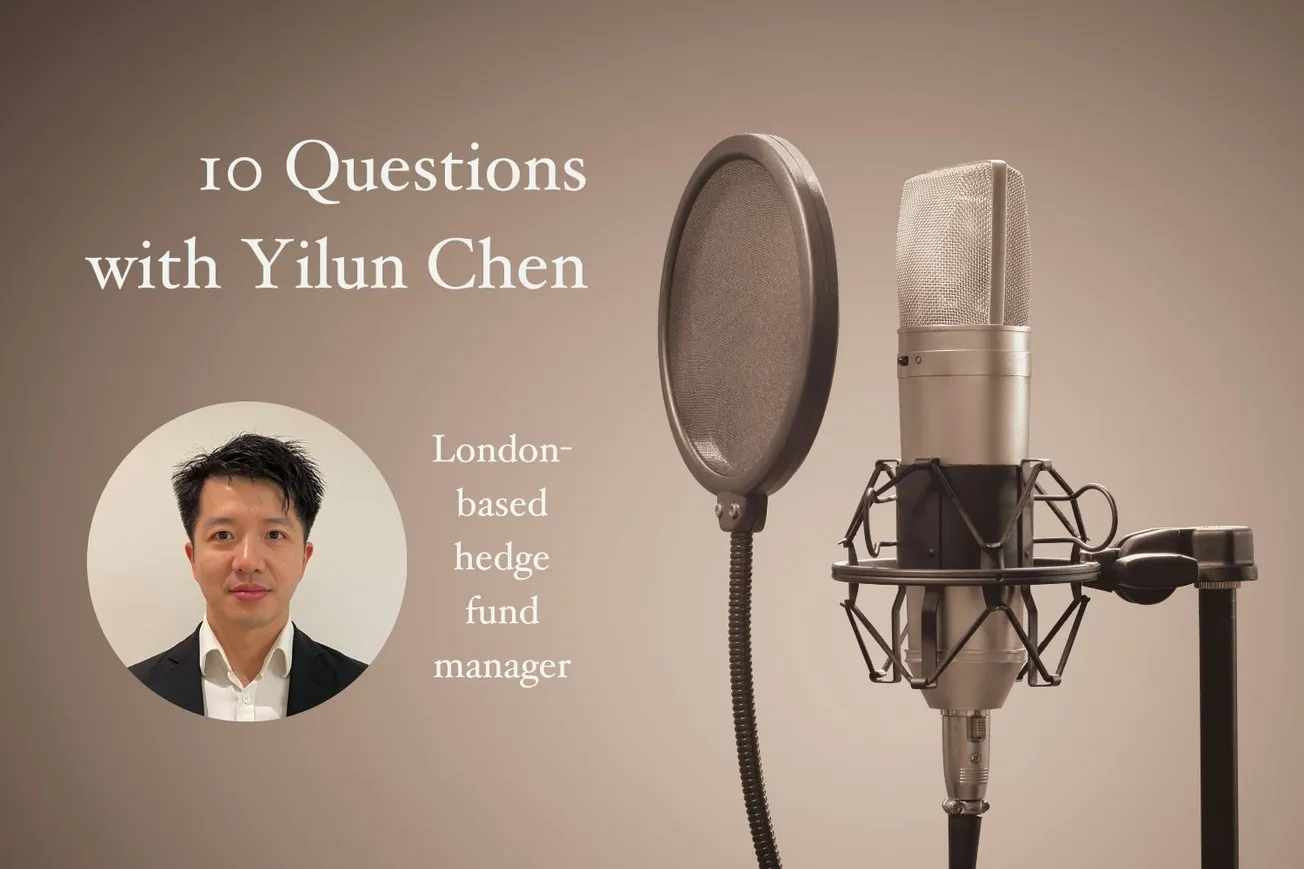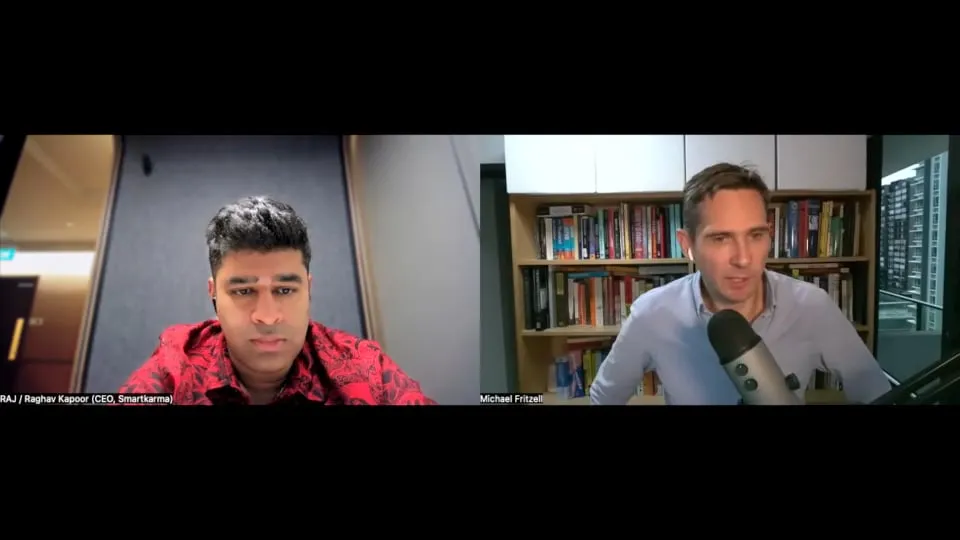Korea's stock market is a bubble
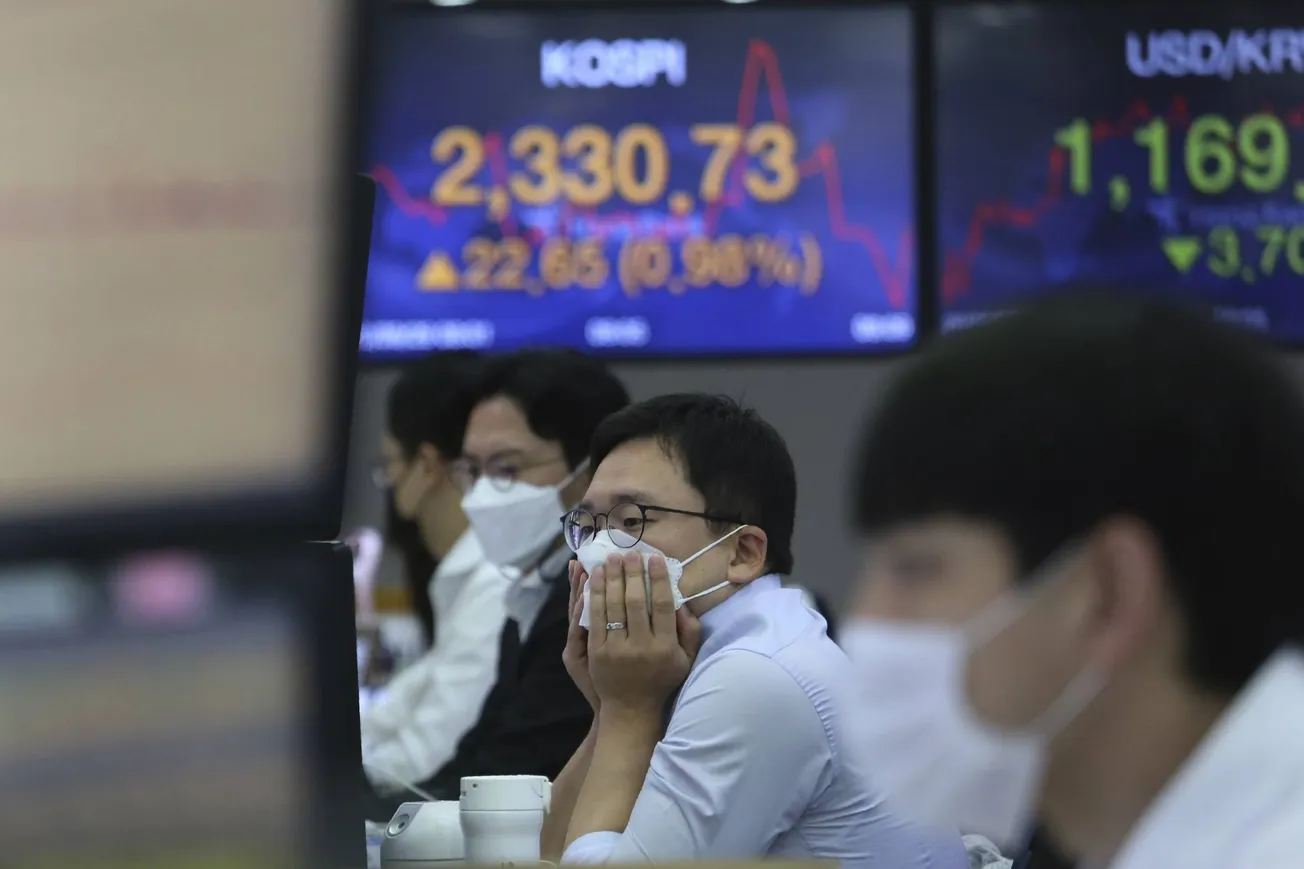
Latest
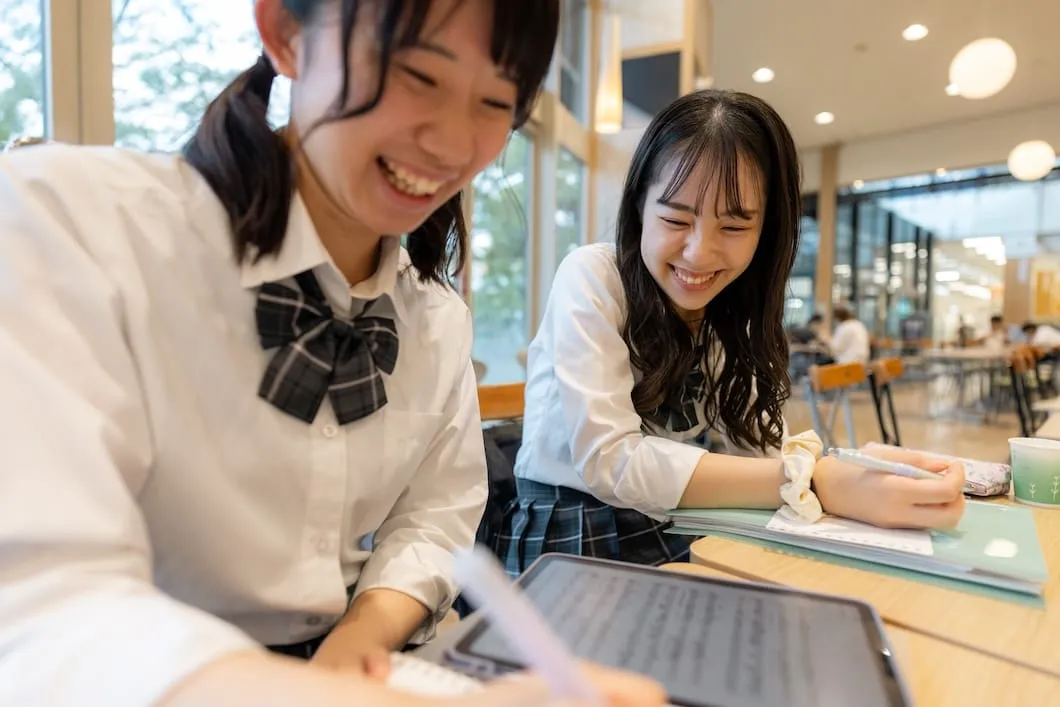
Japan's high school tuition reforms
The Japanese government is about to introduce additional subsidies for private high school students. 35% of Japan's high school students are in private schools, so we're talking about approximately 1 million students. In the past, only families with a household income below JPY 9.1 million
